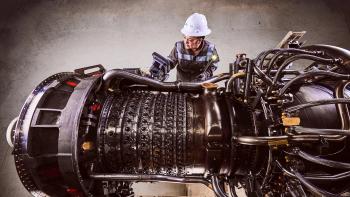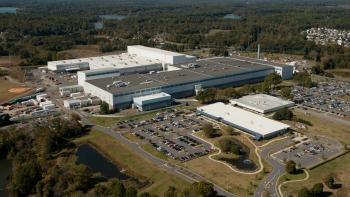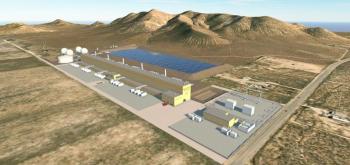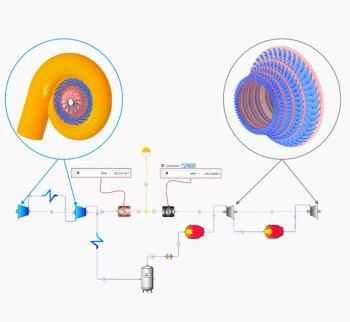
How Mitsubishi Hitachi Power Systems is weathering the Covid storm
An abridged version of this interview appears as part of a feature story titled "Weathering the COVID-19 Storm" in our upcoming June/July 2020 issue.
Despite Covid, business at Mitsubishi Hitachi Power Systems (MHPS) is doing well. The company had a record year, and ranked first in market share by megawatts for gas turbine orders in the first quarter of 2020. The MHPS remote monitoring and diagnostics centers have helped the company leverage real-time data to help users make risk-informed decisions on delaying planned maintenance safely.
“Right now, it’s all about flexibility and ensuring that our customers are able to reliably keep the lights on while so many other factors in our lives remain unknown,” said Marco Sanchez, Vice President and Head of Intelligent Solutions at MHPS.
The Covid-19 crisis has made it clear that plant operators need remote operating solutions to improve operations and protect employees. As a result, MHPS is focusing even more on its Tomoni Autonomous Power Plant initiative.
“As an industry, we will seldom have all the experts needed at a power plant during both everyday operations and critical events, and increased applications of advanced analytics and remote support is crucial,” said Sanchez. “Going forward, we expect many inspection and maintenance tasks will be done from an offsite location instead of in person. Both AI and machine learning will allow the knowledge of today’s experts to be captured for the future. This is the extra help plant operators need during this current crisis but also for day-to-day operations in the future.”
Even though business is good, the way the company does its business is changing, along with its future considerations. Efforts to decarbonize the energy sector remains in full force, and MHPS is one of the industry leaders in that sector, evidenced by their T-Point 2 combined cycle power plant validation facility at Takasago Works in Japan.
“We are still working on developing technology, conducting design reviews, and meeting with different entities, not just in the US, but across the globe. However, there are several long-term considerations that we are starting to take into account,” said Sanchez. “How will power plants safely operate during the age of social distancing? How will we align our values and policies with those of our customers and partners? These are larger questions that we are just beginning to unpack, and solutions will need to be identified for 2020 and beyond.”
Sanchez’s advice to others in the turbomachinery sector? Have a contingency plan.
“The COVID-19 crisis already offers a number of lessons learned, including the need for flexible contingency options in case of future disruptions. The foundation of such a contingency plan is cyber-secure communication channels with sufficient bandwidth for the desired level of implementation,” said Sanchez. “It is crucial for those in the industry to take these lessons and apply them to their future projects and endeavors.”
Newsletter
Power your knowledge with the latest in turbine technology, engineering advances, and energy solutions—subscribe to Turbomachinery International today.




